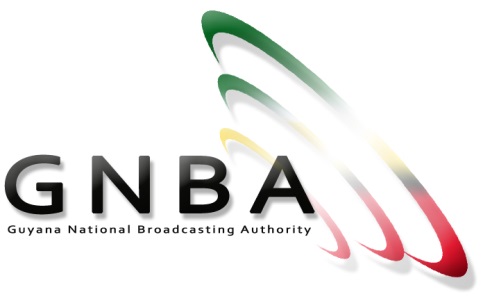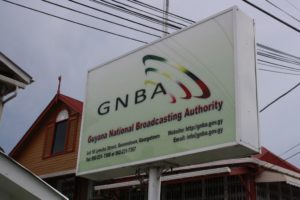Community Media Sustainability- Policy and Funding (UNESCO)
UNESCO, pursuant to its constitutional mandate, contributes not only to the building of peace and
eradication of poverty but also to sustainable development and intercultural dialogue through education, the
sciences, culture and last, but not least, communication and information.
This background paper provides a non-exhaustive overview of the current state of community media around
the world to stimulate open discussion among seminar participants and an exchange of views and ideas to
facilitate expeditious policy-making and resource mobilization for the strengthening of community radio.
Emphasis is placed on community radio rather than other media in view of its comparative advantages in
terms of affordability and reach, with a particular focus on analogue rather than digital radio as, regardless of
overlaps with the information and communication technologies, it is still the predominant, most widely used,
radio broadcasting format.
Sustainability is a complex question, fraught with challenges. In the interest of clarity and objectivity, this
paper therefore confines itself to observing the strengths and shortcomings of recent policy-making and
funding.The central tenet of community radio is rooted in empowerment and the continuing pursuit of basic needs,
the rule of law and a better life. The empowerment of all communities to own, operate and finance their own
radio stations is an ideal that reflects aspirations of independence, self-sufficiency and sustainability.
UNESCO strongly advocates support for an enabling environment for community media and the alignment
of practices with international broadcasting standards. Community radio, in the context of the post-2015
agenda, is crucial to democratic participation and sustainable development in an inclusive and pluralistic
media landscape, in both urban and rural settings
Click on link below to access Community Media Sustainability Background Paper- UNESCO:



